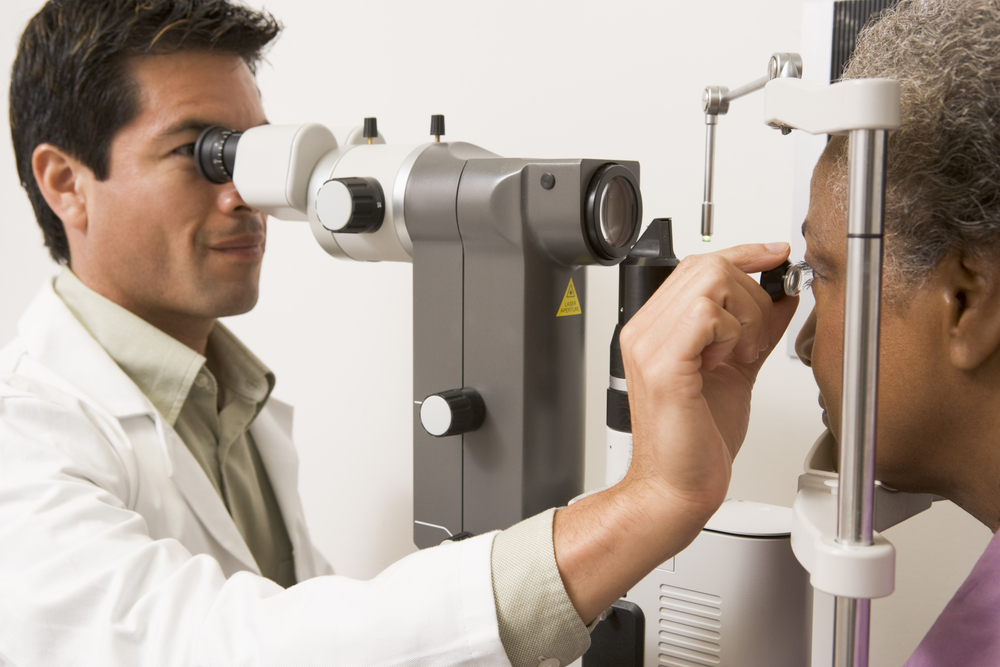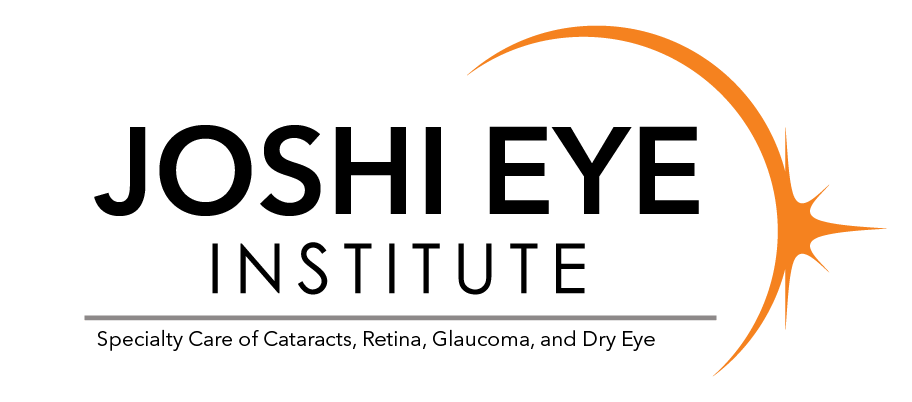
Besides being the windows to your soul, your eyes can also help identify other health problems. The vessels in your eyes are affected by high inflammation levels or hypertension.
This means they can aid in detecting health problems you don’t know about. Microbleeds in the eye’s vessels can be difficult to spot. These can be an early sign of a stroke or heart disease.
Your primary care physician may not see these at first. But this is something that your ophthalmologist can see.
You may think you don’t need to see your eye doctor if you have good vision but that’s not true! Keep reading to learn why you should see your eye doctor regularly!
1. Lyme disease can lead to inflammation throughout your body.
This affects your optic as well as facial nerves. Your eye doctor can recognize this inflammation during a routine eye exam.
2. Syphilis, a common STD that is on the rise, can go unnoticed.
When it does, your ophthalmologist can detect it because of different-sized pupils.
3. Wider eye vessels may be a tip-off of brain issues.
The vessels in your brain are similar in structure, size, and function to your eyes. Research suggests that problems with these veins signal possible cognitive disorders such as dementia.
4. Many people overlook thinning eyelashes and assume they are caused by aging.
But they can be a sign of skin conditions like rosacea or cancer. They can also be a pointer to thyroid disease. For people with hyperthyroidism, other signs include dry eye, retracting eyelids, and bulging eyes.
5. Liver diseases, including cirrhosis and hepatitis, might be detected early if you have discolored eyes.
Yellowing of the eyes is caused by your liver’s inability to filter toxins from your blood.
6. Malnourished individuals, people who do not have a healthy, balanced diet, or patients who have undergone weight-loss surgery may have a vitamin A deficiency.
Your eye doctor can spot vision changes or a buildup of plaque on the surface of your eye that can signal this problem.
7. An ophthalmologist can catch early signs of diabetes even before you notice a change in your vision.
Also, patients with diabetes are at increased risk for eye diseases. A visit to the eye doctor is vital to maintaining your health.
8. If you have different-sized pupils, this can be indicative of a possible stroke or brain tumor.
Both conditions can restrict blood flow and oxygen to one pupil resulting in size variations.
9. Sometimes, burning or dry eyes might be early signs of auto-immune conditions like arthritis.
10. High blood pressure often shows signs like a hemorrhaging retina, narrowing of the arteries, or bulging veins.
Your eye doctor can refer you to a doctor to take the proper steps and make the necessary changes to avoid heart disease.
Keeping your eyes healthy is just one thing that your eye doctor can help you with! Not sure if you’ve seen an eye doctor recently?
Schedule an appointment at Joshi Eye Institute in Boynton Beach, FL today!



